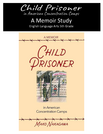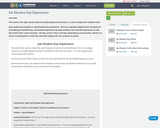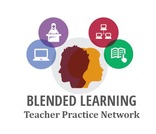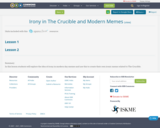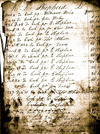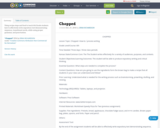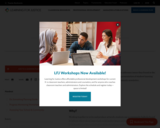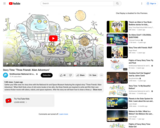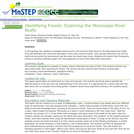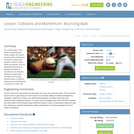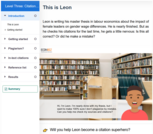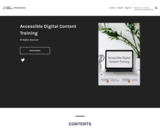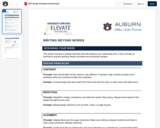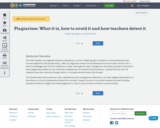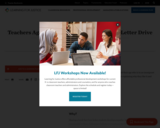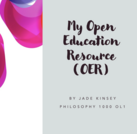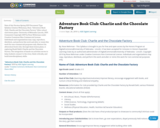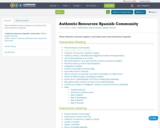Short Description:
The Rebus Guide to Publishing Open Textbooks (So Far) is a living repository of collective knowledge, written to equip all those who want to publish open textbooks with the resources they need. Representing two years of collaboration, innumerable conversations and exchanges, and a wide range of collective knowledge and experience, the Guide is a book-in-progress and will evolve and grow over time. Join the project discussion and help shape its development!
Long Description:
The Rebus Guide to Publishing Open Textbooks (So Far) is for anyone thinking about starting an open textbook project. It starts at the beginning of the process, with chapters on project scoping and building a team, and then moves on to content creation and editing, getting feedback and reviews, coordinating release and adoptions, and sustaining the book’s community.
The book is also a work-in-progress, an effort that will evolve and grow over time. Through conversations, use, new writers’ and editors’ contributions, and ongoing reflection and revision, it will reflect our changing perspectives on how and why we make open textbooks. Initiated by Rebus team members Zoe Wake Hyde and Apurva Ashok, the text is the result of innumerable conversations and exchanges within the Rebus Community, representing a wide range of collective knowledge and experience.
Please note those two little words in parentheses in the title: there are plenty of new learnings, knowledge, and reflexive revisions to come! Everyone is therefore invited to become a part of the project and follow its progress, as well as leave feedback, comments, and recommendations for corrections on the Rebus Community platform.
Word Count: 56766
(Note: This resource's metadata has been created automatically by reformatting and/or combining the information that the author initially provided as part of a bulk import process.)
